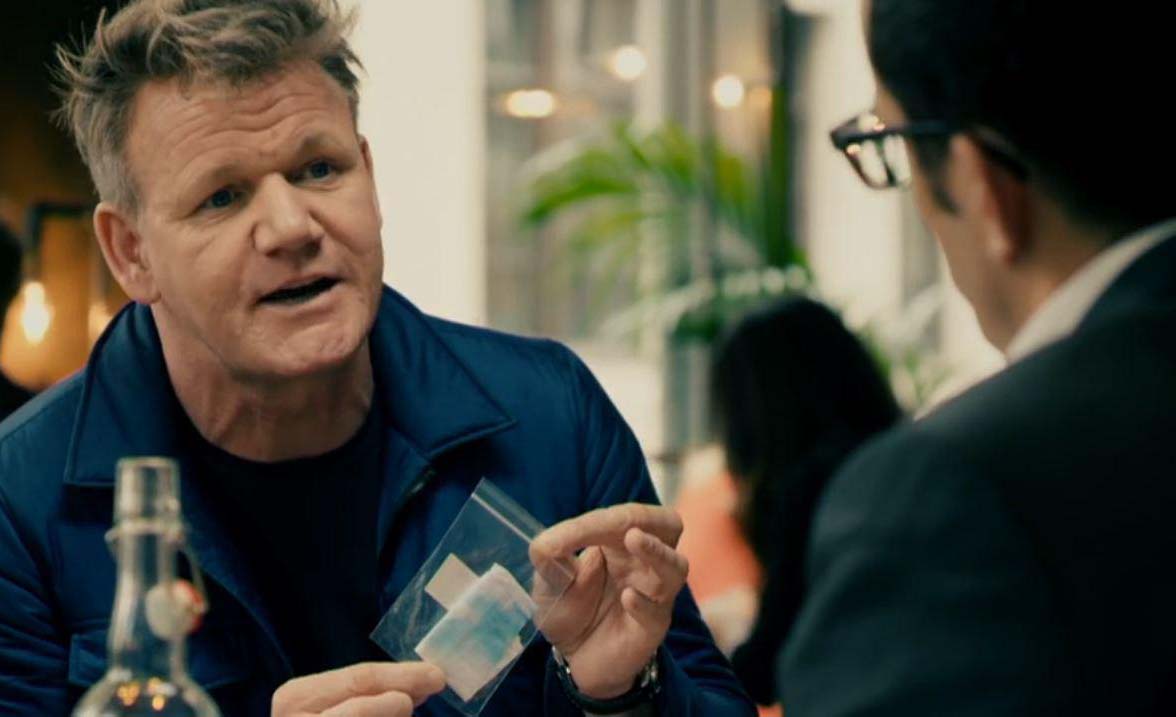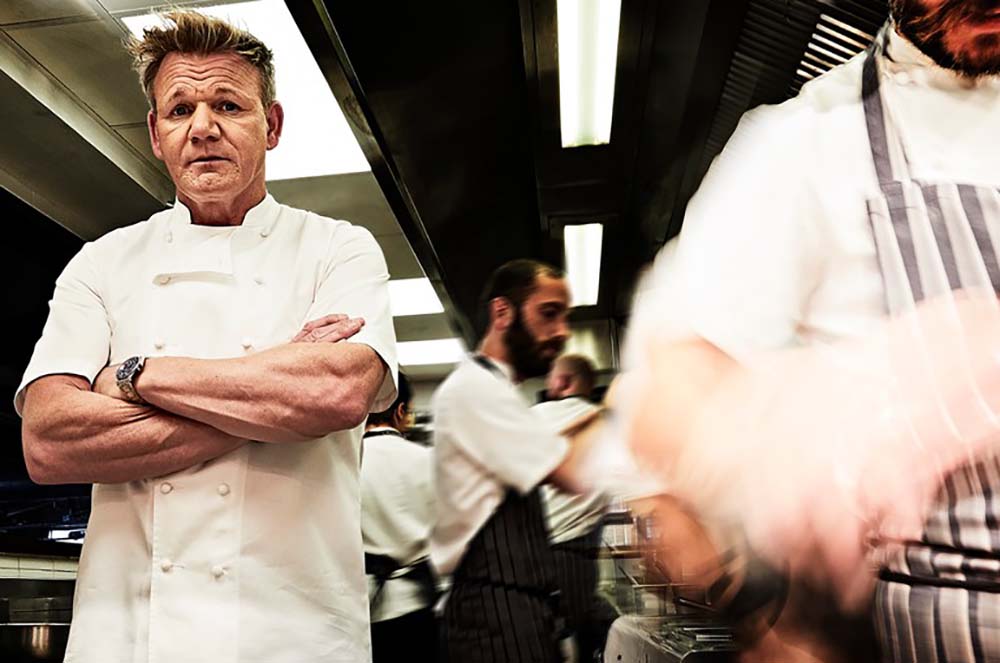“Gordon on Cocaine” is a two-parter docuseries from renowned chef Gordon Ramsay that not only focuses on the users and abusers of the fatal drug known as cocaine, but also acts as an eye-opener to the lives of the producers of the drug and its omnipresence in society.
From a single dad in London who turns to the fatal drug as a coping mechanism to get through his stressful day to the biggest billionaires who casually ask chef Ramsay to actually drizzle it atop their soufflé for a quick fix (a fact that Ramsay actually admits to early on), the docuseries paints the drug’s dark side.
A Dangerous Drug
The danger of cocaine is seen in different milieus, explored by Ramsay. It highlights Ramsay’s own restaurant staff who snort cocaine secretly on lunch breaks, and even looks at Ramsay’s younger brother who couldn’t sit through their father’s funeral without a hit of the drug. Coke is everywhere, and it not only plays a major role in keeping drug cartels running, but also in how the underprivileged in society use it to keep their families alive and to fill their stomachs (and I’m not just talking about the drug mules here).
Usually when you hear of a documentary on such an intense topic, you’d probably expect somebody with the expertise of David Attenborough or an outspoken activist to present it, and not really a Michelin star chef like Ramsay who’s mostly known for his foray into reality TV shows and presence on TikTok. But his involvement works in favour of this docuseries since his unwavering resentment towards the drug and its suppliers shines through, particularly when he opens up about how drug use not only led to his brother wasting his life away but also led to the death of one of his young head chefs.

A Personal Connection
Ramsay’s personal connection to the same—and scenes of him speaking directly to the camera about living with such haunting experiences—adds emotional weight to the proceedings and helps shed light on the viciousness of the drug. This helps in taking away from the glamourous and trendy aspect associated with cocaine altogether.
As the chef journeys from the washrooms of his high-end restaurant to the streets of London and Honduras—and eventually to the source itself, the jungles of Colombia—the docuseries also uncovers a corrupt government’s role in the exorbitant rate at which cocaine farming and production has shot up in the rural areas of Colombia. We learn farmers can no longer support their families by cultivating vegetables and fruits, and, as a result, have no other alternative but to eke out a living via cocaine plantations. Unbeknownst to them, they’ve sadly become foot soldiers and pawns in an illegal trade that costs lives, and could even lend them and their families in serious trouble if caught.
“Gordon on Cocaine” does a good job unraveling the truth behind why impoverished farmers have to turn to cocaine cultivation as a last resort, and how it is both a blessing and boon to them. It also acts as a character study by delving into the experiences of the people caught in the crossfire of the drug trade. This is seen from the helpless cocaine farmer all the way to a journalist braving threats to his own life as he covers the arrests and gang wars in Honduras. The docuseries captures all this with such vulnerability that you can’t help but find all of the stories covered here equally heartbreaking and horrific.

Tough to Take in—But Necessary
The visuals too are stomach churning. Be it a bloody crime scene in Honduras as a drug dealer is gunned down in rush hour traffic in full view of impressionable kids playing in the street, or a narcotics specialist explaining to Ramsay how drug mules function by indicating to detailed photos of a drug mules, to watching a cocaine farmer mix every toxic chemical that you’ve learnt about in chemistry class, the drug trade is hideously chronicled. From chemical such as sulphuric acid and industrial-grade cement to killings and threats, every aspect of the drug trade is absolutely revolting to witness.
The docuseries also makes you question how anybody could even think about partaking in such a vile trade, especially with all the dangers involved. As Ramsay puts it: “Nothing about the production of this drug nor its consumption is even remotely glamorous.”
I highly recommend “Gordon on Cocaine.” It’s powerful, not only for the amount of awareness it spreads about the abuse and production of cocaine, but also due to how it makes viewers reflect on their own (often unbeknownst) role in the trade. The docuseries asks to nip this issue in the bud by saying “no” to the drug. It also asks us to start by realizing that behind the so-called glamour of cocaine, there lies a grisly reality where countless lives hang in the balance.
“Gordon on Cocaine” is currently available to watch on Discovery+ and Prime Video.


